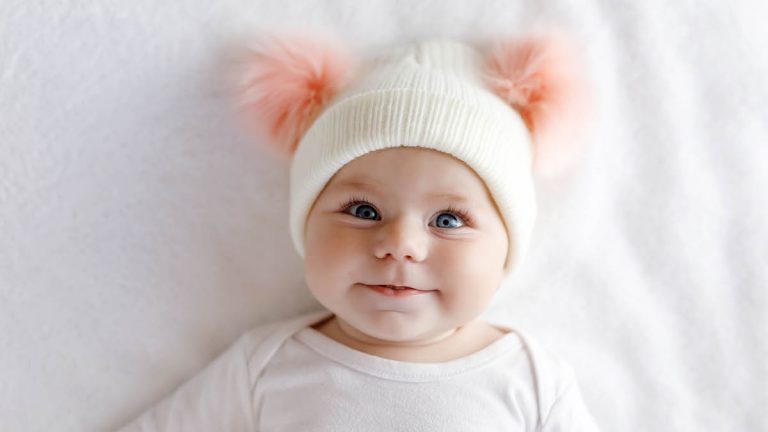I was browsing the aisles of a store pre-Black Friday when I spotted the mountain of Instant Pots on sale. Taking full advantage of my rare ‘kid-free’ time, I wandered over to investigate further. A long-time skeptic of food trends and fad diets, I cautiously examined the Instant Pot. I started to think, “would I actually use this?” and “do I have the storage space?” It was, after all, significantly reduced in price. A follower of many food blogs, I have noticed how pressure cooking and the Instant Pot particularly has been gaining notoriety over the past year or so. I was definitely curious and decided to take the plunge right then and there, adding the Instant Pot to my cart rather unexpectedly. Why not jump on the band wagon of this pressure cooking renaissance?







